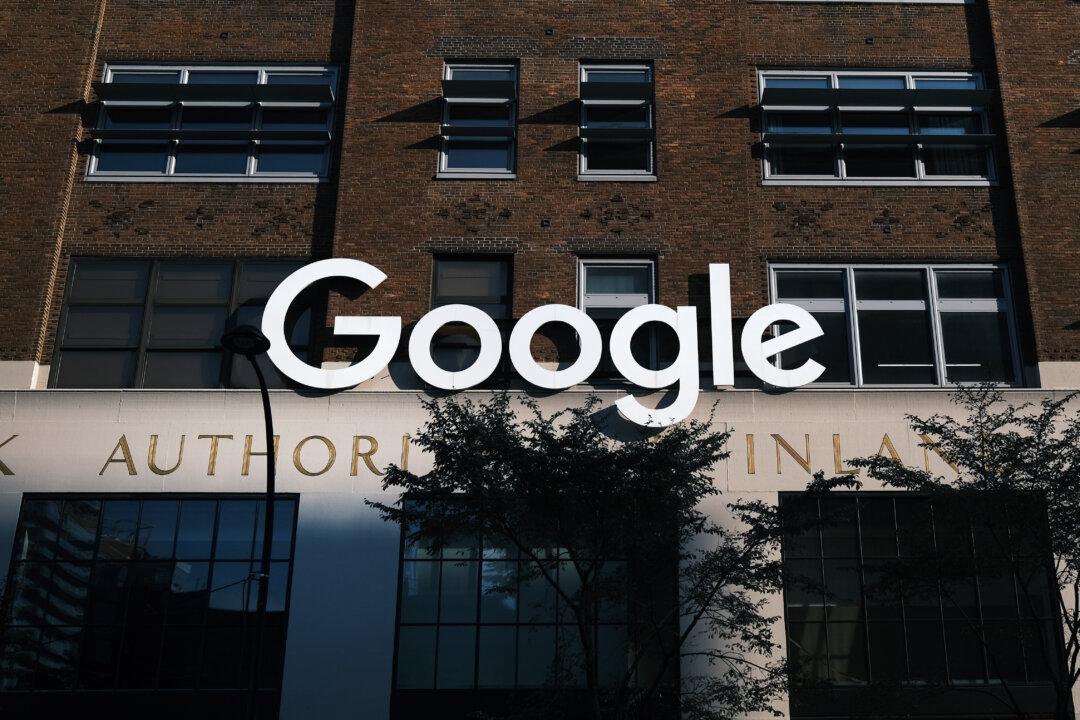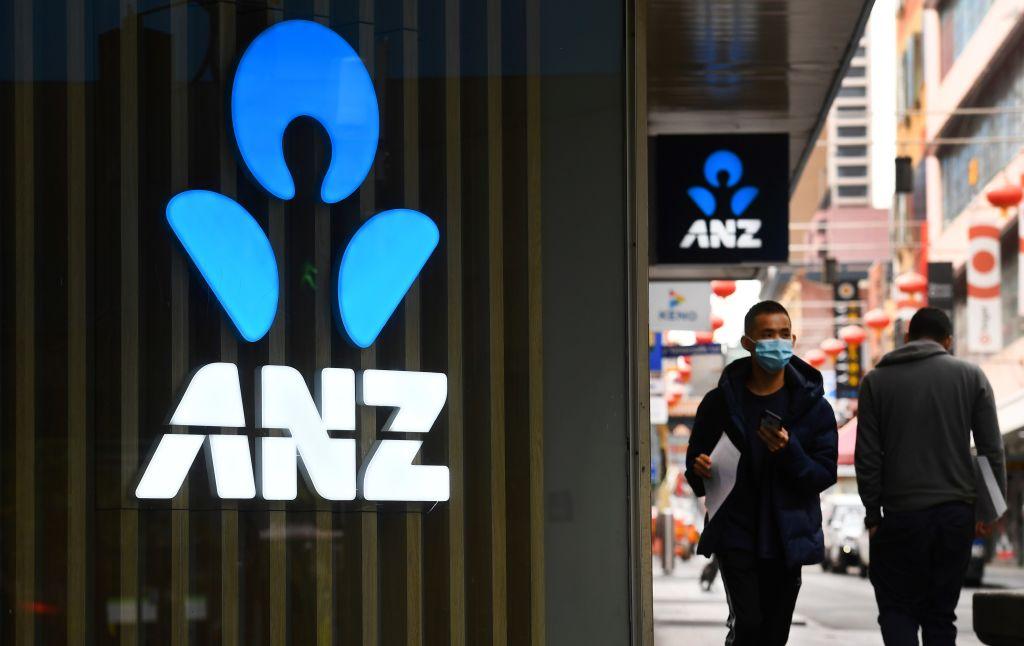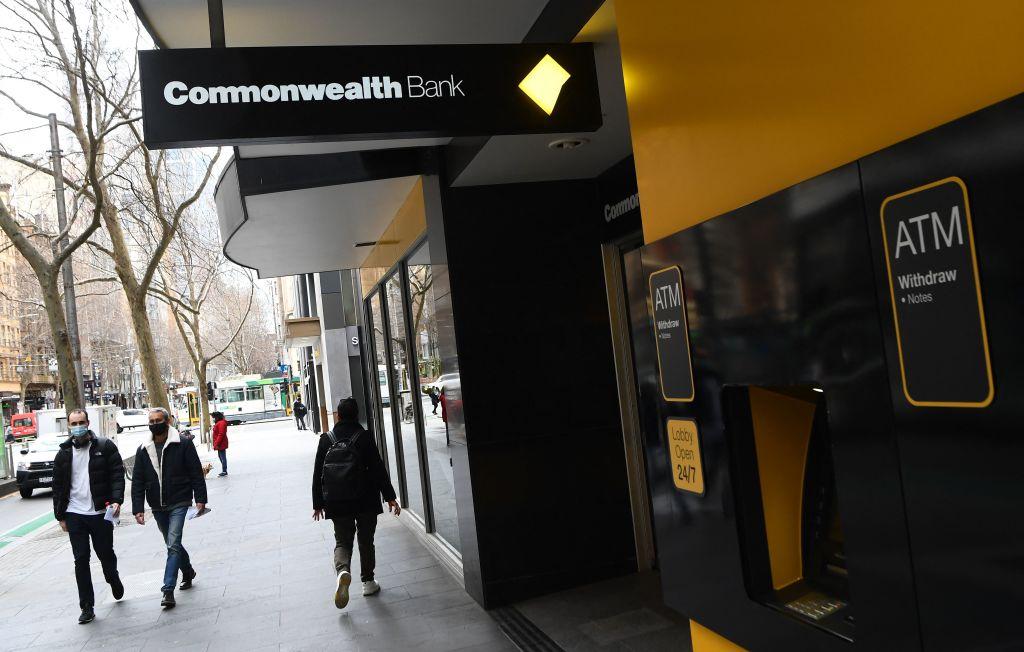Google’s US$2.1 billion ($3 billion) acquisition of Fitbit has seen the tech giant face a setback in Australia after the Australian Consumer and Competition Commission (ACCC) rejected Google’s initial offer to temporarily limit how it would use data collected by the fitness tracking devices.
The announcement comes after a similar offer was accepted by the European Commission on Dec. 17, which has effectively approved the deal with conditions.





